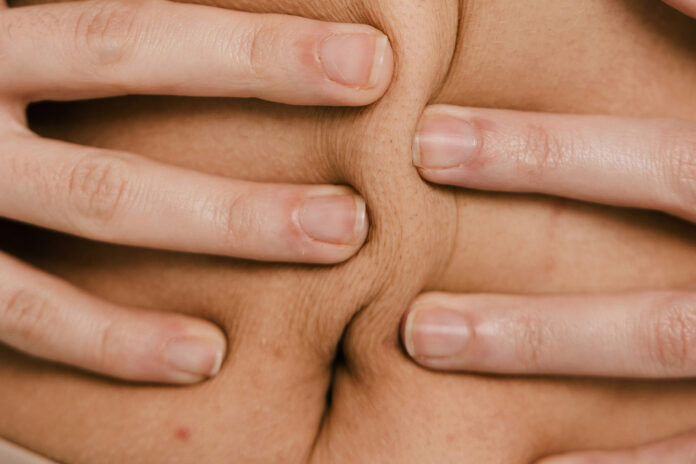
The National Dairy Council has produced a booklet on Diet and Menopause, which this week is being exhibiting at the National Menopause Summit taking place in Dublin (April 11th and 12th).
Research with over 850 Irish women, conducted by Dr Patricia Heavey from the Department of Sport & Health Sciences at TUS in Athlone, found that 80% of women report weight changes during the menopause transition.
Having a well-balanced diet is crucial during any stage of life, but during menopause, your body needs some extra patience and care. From changes in metabolism to increased risk of osteoporosis, shifting your diet can help with getting ahead of future symptoms.
IS WEIGHT GAIN NORMAL DURING MENOPAUSE?
“While weight gain is not inevitable, perimenopause is associated with redistribution of fat to the tummy area,” explains Dr Heavey. “Tiredness from disturbed sleep and other menopausal symptoms like stiff joints may result in less exercise/activity which can also lead to weight gain. Menopause often coincides with greater responsibilities both at home and work which can mean exercise, eating well or managing stress take lower priority, promoting further weight gain.”
MAKE LIFESTYLE CHANGES THAT LAST!
From the age of around 35 years, there is a gradual loss of bone which speeds up as menopause approaches so women need to pay particular attention to their bones.
There is some evidence that reducing weight, if you are overweight can help with some symptoms like hot flushes and night sweats, but longer term maintaining a healthy weight will also support heart health too.
In terms of exercise, the research showed that 47% of women engaged in moderate physical activity almost daily with 30% engaging at least three times a week. Walking was the most frequently preferred form of exercise at 79%.
Dietician, Aveen Bannon advises ‘3-5 calcium servings daily along with vitamin D can help support strong bones’, as well as the consumption of lean protein, while also encouraging women to ‘keep moving!
“Activity helps to manage weight and is also imperative for heart and bone health. Weight-bearing exercise helps your bones to hold on to the minerals that keep them strong and reduces the risk of osteoporosis”.
MANAGING SYMPTOMS
As about a third of a woman’s life is spent in post-menopause, it is good to make changes that will last. To download a copy of the NDC Diet and Menopause booklet, visit https://ndc.ie/our-publications/











